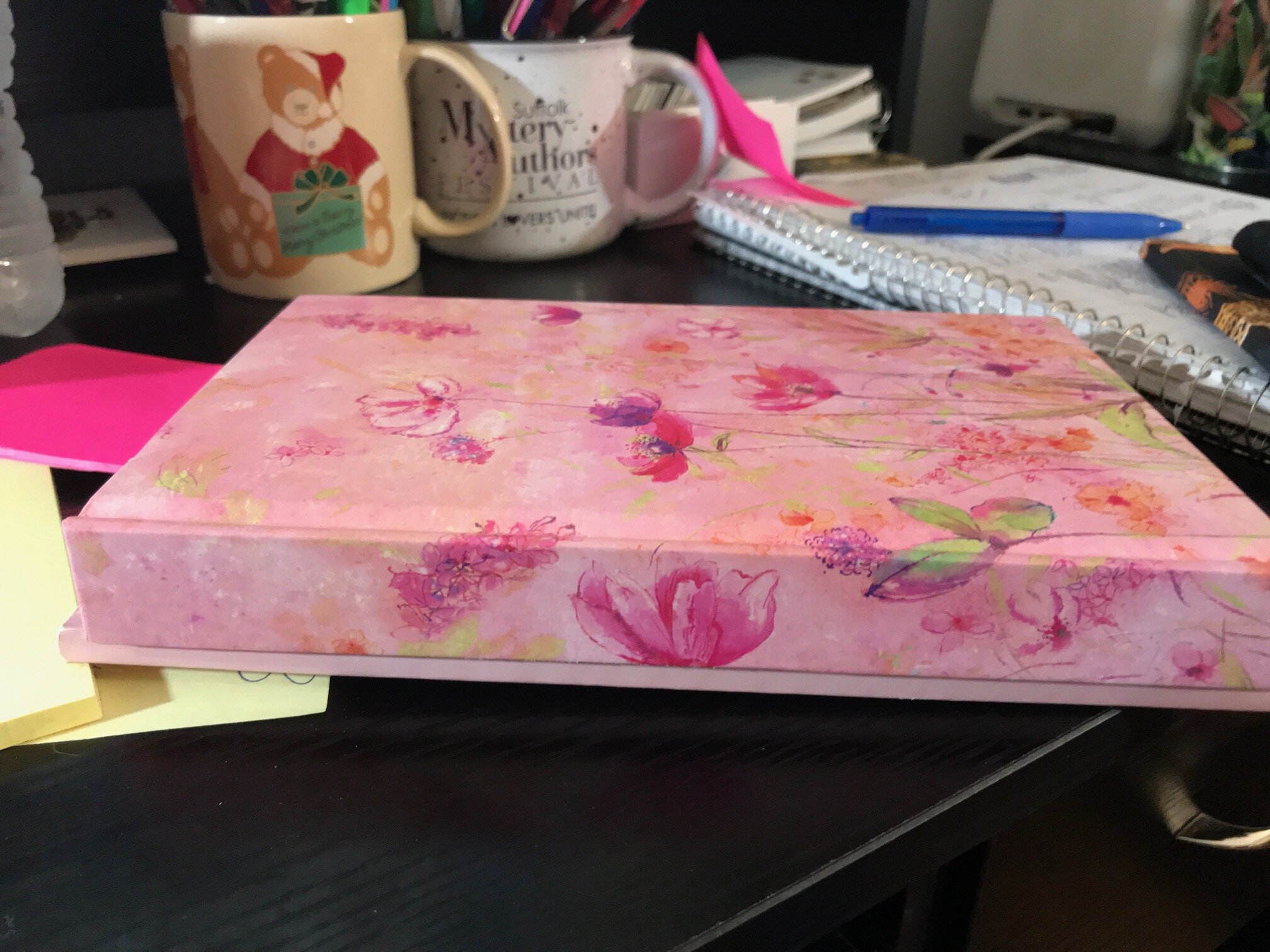The Long and Short of It...
/I primarily write cozy mystery novels, but I started my writing career in the short story world. My first traditionally published work was “Washed up” in the first Virginia is for Mysteries anthology. I just finished a crime story that was a little darker for an upcoming musically themed anthology. I’m at the point in the writing process that includes a hundred revisions and edits before I send that one to the editor.
I like both formats. If you’ve never considered writing a short story, here are some things to think about…
Since I write cozy mysteries that have expectations about characters, violence, and language, I get to experiment more with the short stories. Mine tend to be a little darker than my novels.
You’re writing in a smaller space, so it takes less time to write than a book. You see a first draft much sooner.
You’re writing in a smaller space, and that means every word counts. Most short stories range in the 4k to 6k word count limits. There can’t be extra explanations, a ton of characters, or long sections of dialog.
You need to be able to tell your story with a shorter timetable. I think sometimes, it’s harder to write a complete story in a compacted space.
Short story anthologies have gained in popularity in the mystery community, and there are quite a few outlets for publishing opportunities. Check out the Short Mystery Fiction Society. It’s a great group of short story writers who put out lots of calls for short stories.
If you’re on the East Coast, check out ShortCon. The next one is in June. It’s a great opportunity to network with other writers and attend amazing panels and workshops.
If you’re looking for a new outlet or you’re interested in trying your hand at a mystery, consider a short story.



















